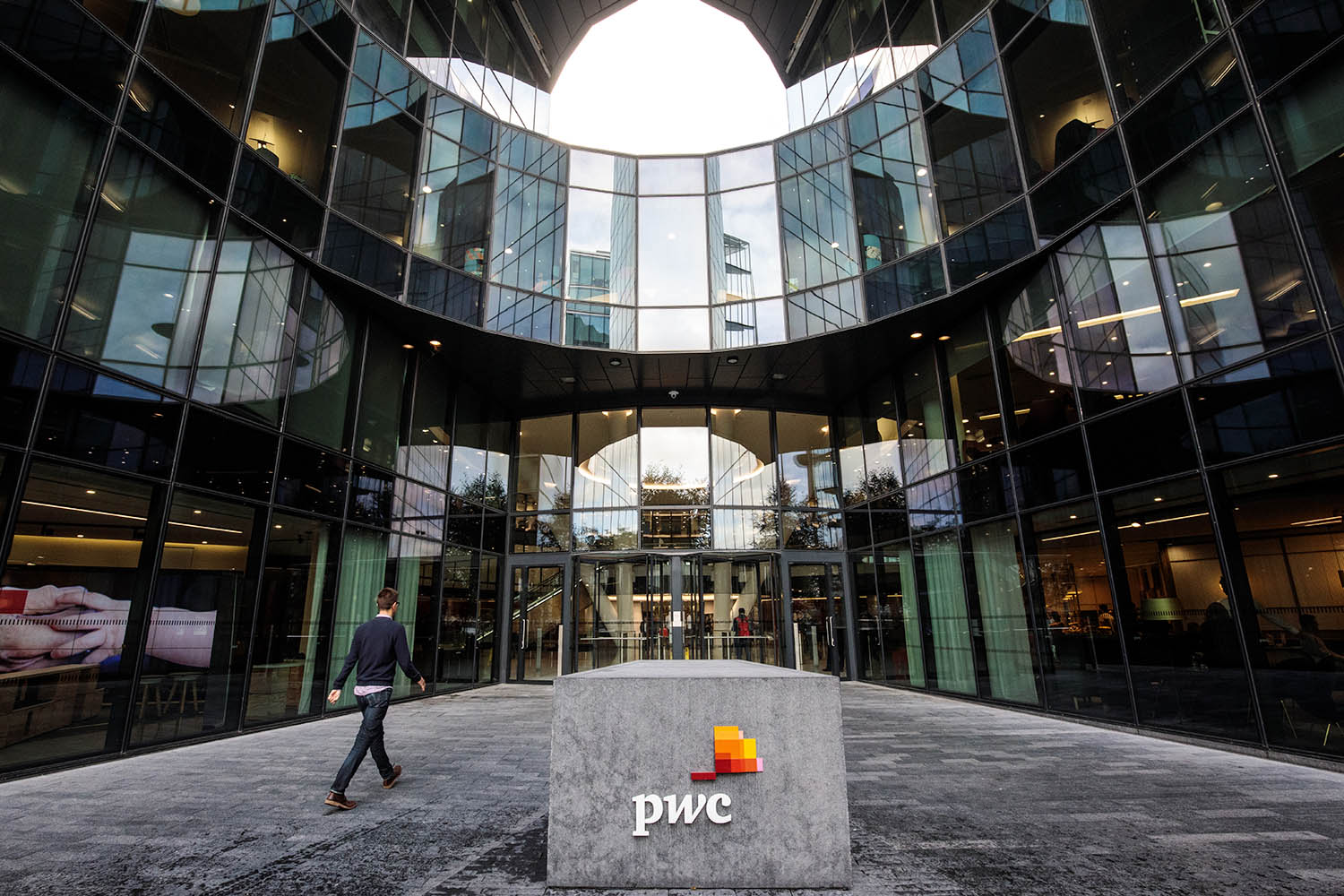When PwC launched a “traffic light system” last week for managers to track employees’ attendance in the office, it reignited an old debate. As one LinkedIn user asked: “Is this an erosion of trust, or just an updated means of ‘punching the clock’?”
Under the scheme, a dashboard viewable by the accountancy firm’s bosses will record the time staff spend in the office by monitoring swipes of work passes and connections to wifi.
It shows staff as “amber” if they fall below a 60% threshold and “red” below 40%, raising the possibility of formal sanctions for non-compliance.
HSBC is also beefing up its “bossware”. The bank is planning a fourfold increase in the number of cameras at its new building in the City, and doubling the number of biometric readers required to access trading floors.
The bank said “theft incidents” at its Canary Wharf building pointed to a need for “increased CCTV capabilities on working floors”. The more cynical view is that employers are seizing a moment of weaker worker bargaining power and a wider backlash against WFH to roll out tools they claim will boost productivity.
“There's definitely an increase of companies using these types of technologies,” says Professor Phoebe Moore at the University of Essex. “The rise during Covid was just to make sure people were working. Now it's to find out where they’re working.”
The Information Commissioner’s Office, the watchdog that deals with complaints about surveillance at work, is stepping up enforcement actions. Last year it ordered Serco Leisure, a chain of gyms, to stop using facial recognition technology and fingerprint scanning after it found the biometric data of more than 2,000 employees had been unlawfully processed to check on their attendance.
The watchdog has also warned against the rise of biometric technologies to analyse workers’ emotions saying that “the worst tech was little better than a fortune-telling fish”.
Algorithmic Affect Management (AAM) technologies can now measure facial expressions, gestures, motor skills seen in handwriting, gait when walking, or even how people’s fingers move across a keyboard when typing.
Photograph by Jack Taylor/Getty
Newsletters
Choose the newsletters you want to receive
View more
For information about how The Observer protects your data, read our Privacy Policy



